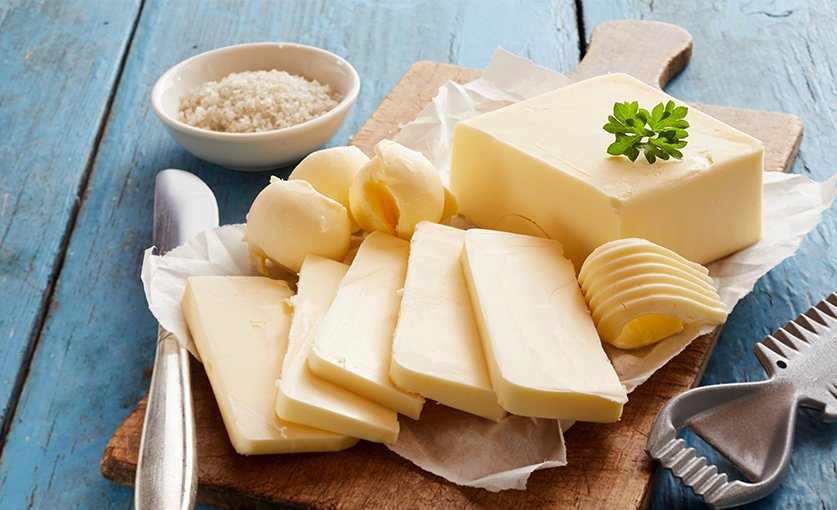BAKU, July 23, 2025 — Much of the butter sold in Azerbaijan under the label of “locally produced” is, in fact, reprocessed and repackaged abroad — often containing large quantities of vegetable fats, including palm oil. According to a report by Yeni Sabah, consumers may unknowingly be consuming products with up to 40% palm oil, a low-cost but potentially harmful ingredient.
A Dangerous Ingredient Hidden in Everyday Foods
Economist Akif Nasirli emphasizes that many of these butter-like products are nothing more than imported blends disguised as local dairy. “Palm oil is widely used because it’s cheap, extends shelf life, and slows spoilage,” explains Mahsati Huseynova, head of the Food Safety Movement and a nutrition specialist. “But these technological advantages come with serious health risks.”
Huseynova pointed to a 2016 study by the European Food Safety Authority, which found that regular consumption of palm oil can lead to long-term health complications. “Although permitted in many countries, palm oil is banned from use in infant food in several jurisdictions due to its harmful effects.”
The expert warns that palm oil is now present in numerous packaged foods, fried items, restaurant meals, and baked goods — often concealed under vague E-codes or omitted entirely from labeling, depriving consumers of informed choice.
“This Isn’t a Sale — It’s Deception”
Ilkin Shirinov, a food safety expert, bluntly calls the practice fraudulent. “Selling plant-based fats under the name of butter isn’t just misleading — it’s deliberate fraud. Producers and sellers alike bear responsibility. But consumers must also stay vigilant: always check the ingredients, look for labeling in Azerbaijani, and scrutinize fat content.”
He added that long-term consumption of such counterfeit butter can contribute to thrombosis, heart disease, cancer, kidney dysfunction, and gastrointestinal issues.
If the Price Is Too Low, Something’s Wrong
According to food economists, real butter production requires 25–30 liters of milk per kilogram. With milk priced at approximately 1 manat per liter, the cost of producing one kilogram of genuine butter should be around 25–26 manats.
“When you see so-called butter being sold at 15 manats per kilo, the math simply doesn’t add up,” Nasirli notes. “It’s clear that these are not pure dairy products.”
A Call for Transparency and Regulation
As the market becomes increasingly saturated with misleading products, experts are urging stronger government oversight, stricter labeling regulations, and public education campaigns. Until then, they say, it falls on the consumer to question low prices, read labels carefully, and remain aware of what’s truly inside their food.


